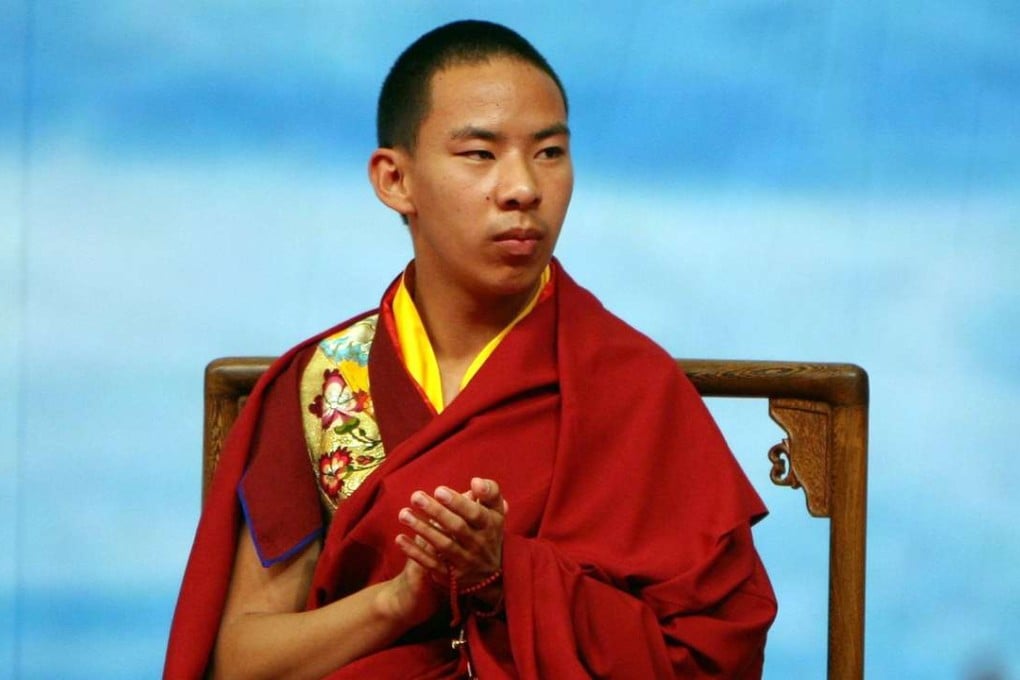China-appointed Panchen Lama praises nation’s religious, social policies
Buddhist leader appointed by Beijing says Communist Party’s religious legislation and guidelines make him ‘very happy’

A youth named by China as the second-highest figure in Tibetan Buddhism, but reviled as a fake by many Tibetans, has praised the Communist Party’s religious policies in Tibet in a Lunar New Year message, saying they made him feel “very happy”.
Although officially atheist, China selected Gyaltsen Norbu as the 11th Panchen Lama in 1995 in a drive to win the hearts and minds of Tibetans.
Tibet’s current spiritual leader, the Dalai Lama, whom Beijing brands a dangerous separatist, had announced his own choice of a six-year-old boy, but he was taken away by the authorities and has since vanished from public view.
In a message to mark the Tibetan lunar new year, carried by the United Front Work Department which helps oversee religious groups, China’s Panchen Lama discussed six months of Buddhist activities he carried out in Tibet last year.
“My deepest impression after the inspection tour was that Tibet’s ethnic and religious policies have been carried out very well,” he said in comments carried late on Monday.
“At the same time, the party has formulated a series of special beneficial policies and the vast majority of Tibetans have received real benefit. After seeing this I felt very happy,” he said.